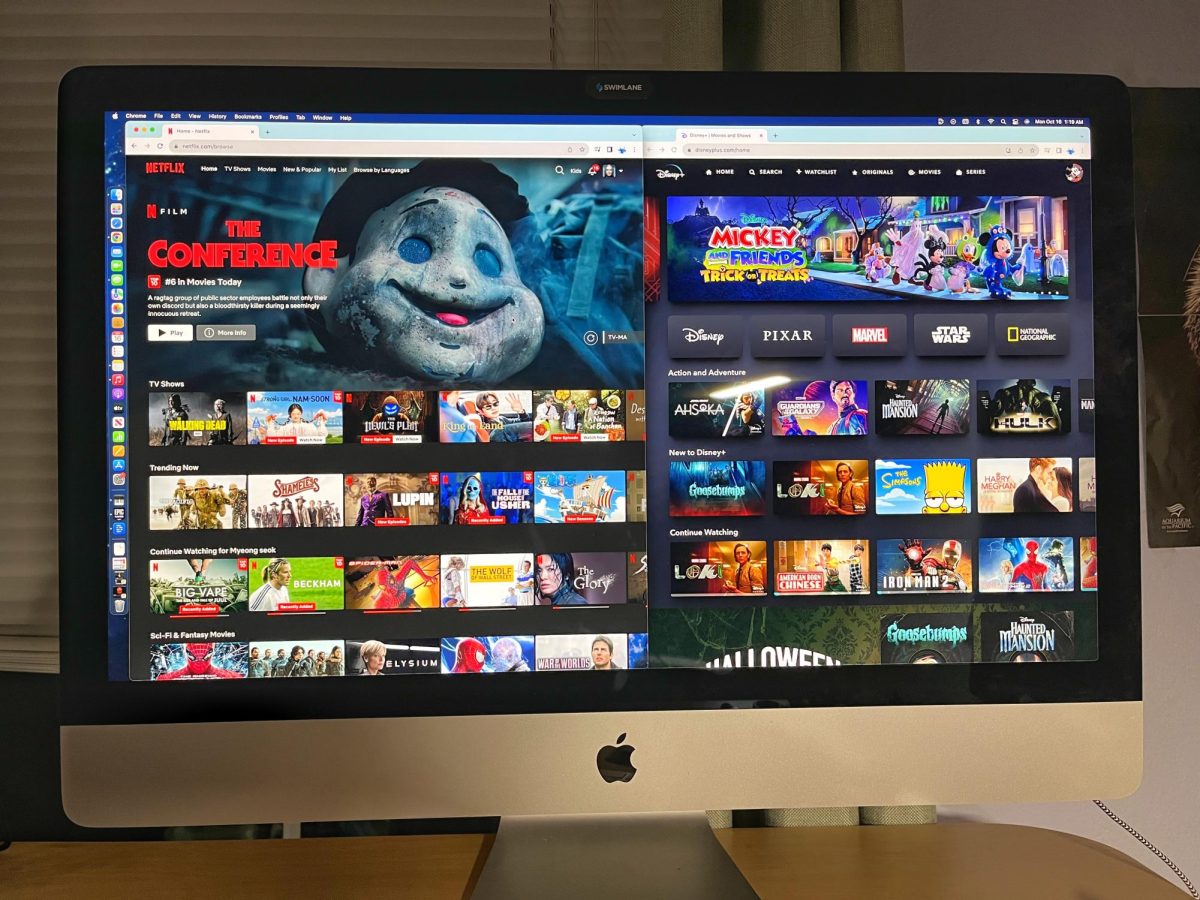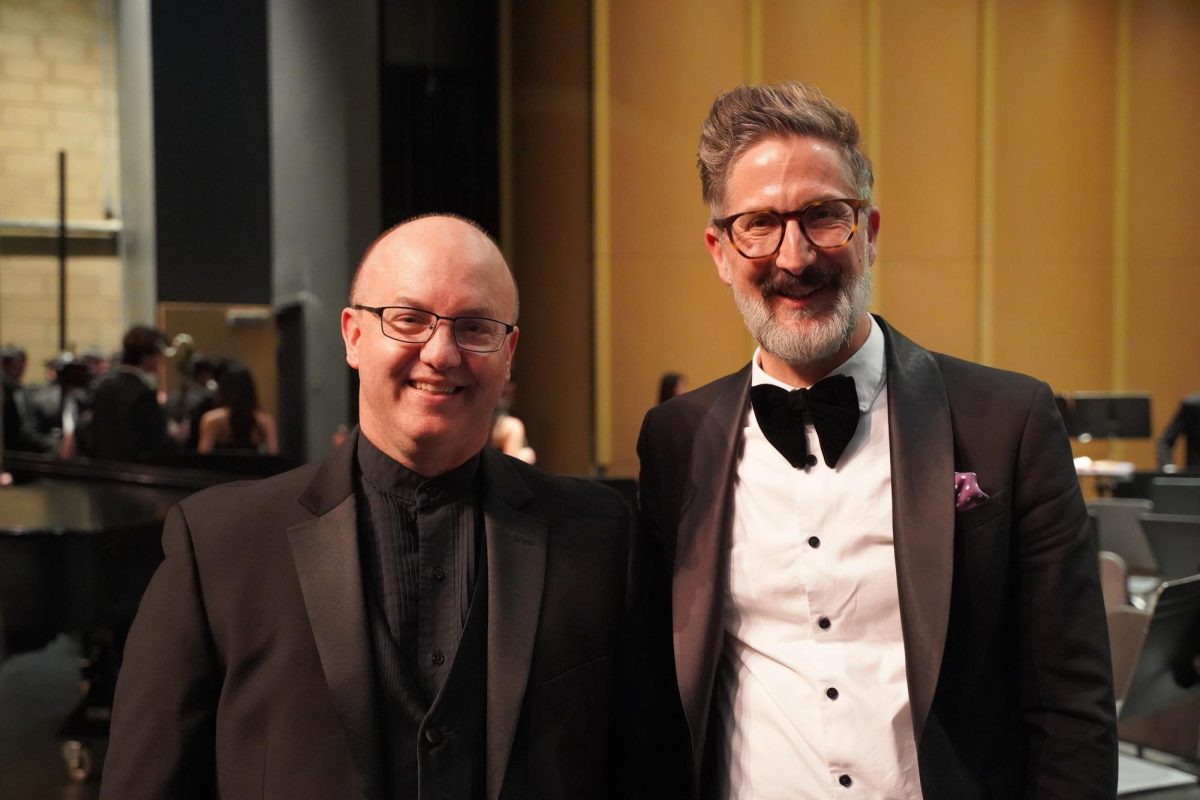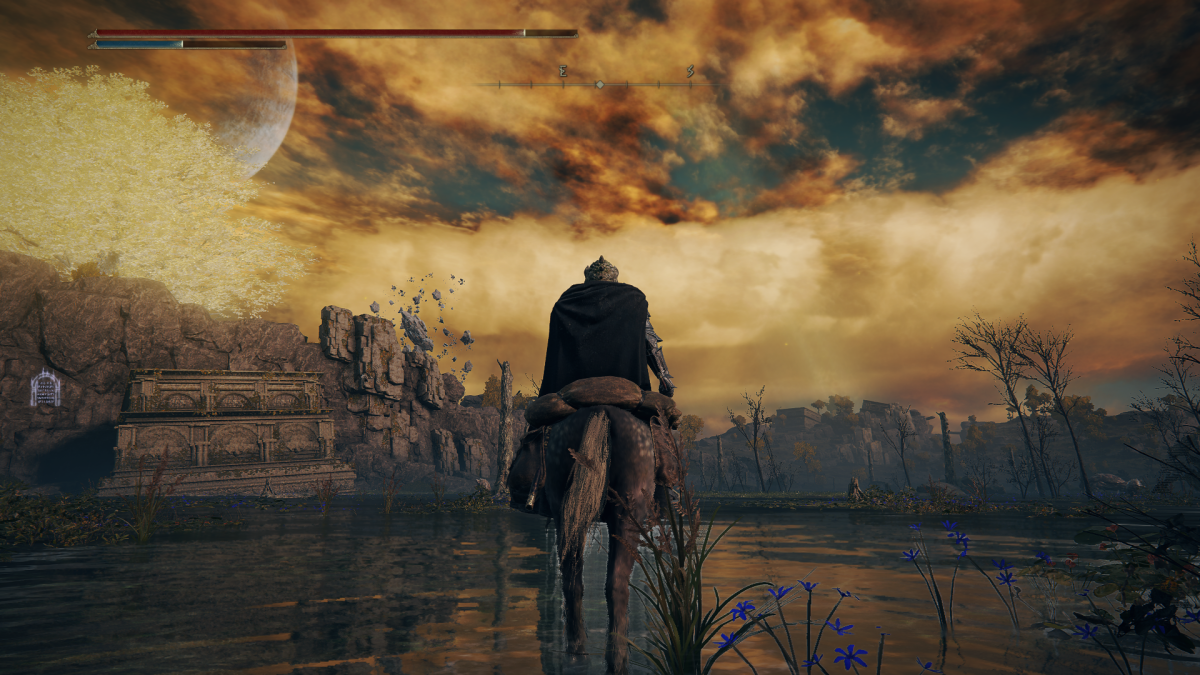Since July 14, SAG-AFTRA, a labor union representing US actors and performers, has been on strike, and negotiations with studio executives were suspended on October 11.
“The American Screen Actors’ Guild [is] holding out on work until working conditions improve, their jobs are protected from AI, and there is fair compensation now that streaming is more widespread,” said Amador Valley Drama Club President Nadia Brown (‘24).
One of the primary motives behind the strike is to ensure that wages increase enough to compensate for rising inflation. SAG-AFTRA requested an 11 percent general wage increase, but the AMPTP (Alliance of Motion Picture and Television Producers) has only offered five percent.
“I think being an actor should have the same regulations and protections as other unionized jobs… For the amount of work that they’re doing, they should have some sense of job security,” said Arnav Talati (‘25).
In addition, SAG-AFTRA proposed a plan that will increase the amount of income performers will receive from residuals, payments given when an actor’s work is licensed to a streaming service, which the AMPTP refused.
“Working conditions in show business are hard to compare to other unionized jobs because this industry is so unique. I think that’s why the inequity has gone on for so long, because there isn’t a model for how the industry should be,” said Brown.
Movies and television are very important to student culture, as they represent a chance to unwind and spend time with friends. Because of this, the actors’ strike could limit students’ opportunities to take care of their mental health.
“I feel like it would be a little bit detrimental to the [mental health] of students because they won’t be able to engage in social activities where they go to the cinema or watch a movie with their friends,” said Arnav Dhole (‘25).
In addition, the entertainment industry represents an exciting career opportunity to many students who aspire to become actors, dancers, singers, or any kind of performer. These students need to know that the industry they choose to enter provides proper wages and protections.
“As the drama club president, I’m keeping a close eye on the strike… there are so many people I’m close to [who are] currently in the industry or planning on going into the industry, and I want to know that the business is going to change for the better,” said Brown.
Despite the SAG-AFTRA strike’s inconvenient effects on Amador Valley students, it is important to understand that the strike is ultimately for the fair compensation and treatment of hardworking men and women in the entertainment industry.“Especially in this day and age with the rise of AI and everything, it’s become really hard for actors to find jobs. And if the companies aren’t willing to compensate them, then that’s definitely unfair,” said Dhole.












Shimon Arai • Oct 29, 2023 at 12:11 am
I don’t want to make this post personal but I’m not sure which to be annoyed with: October or the fact you put your icons on the left side of the screen (lol).
It was fun reading this informative article, and I also liked the variety of interviewees. I think it’s important for these movements to happen and for us to write about them so people know about the situation. Keep up the great work, Ian.